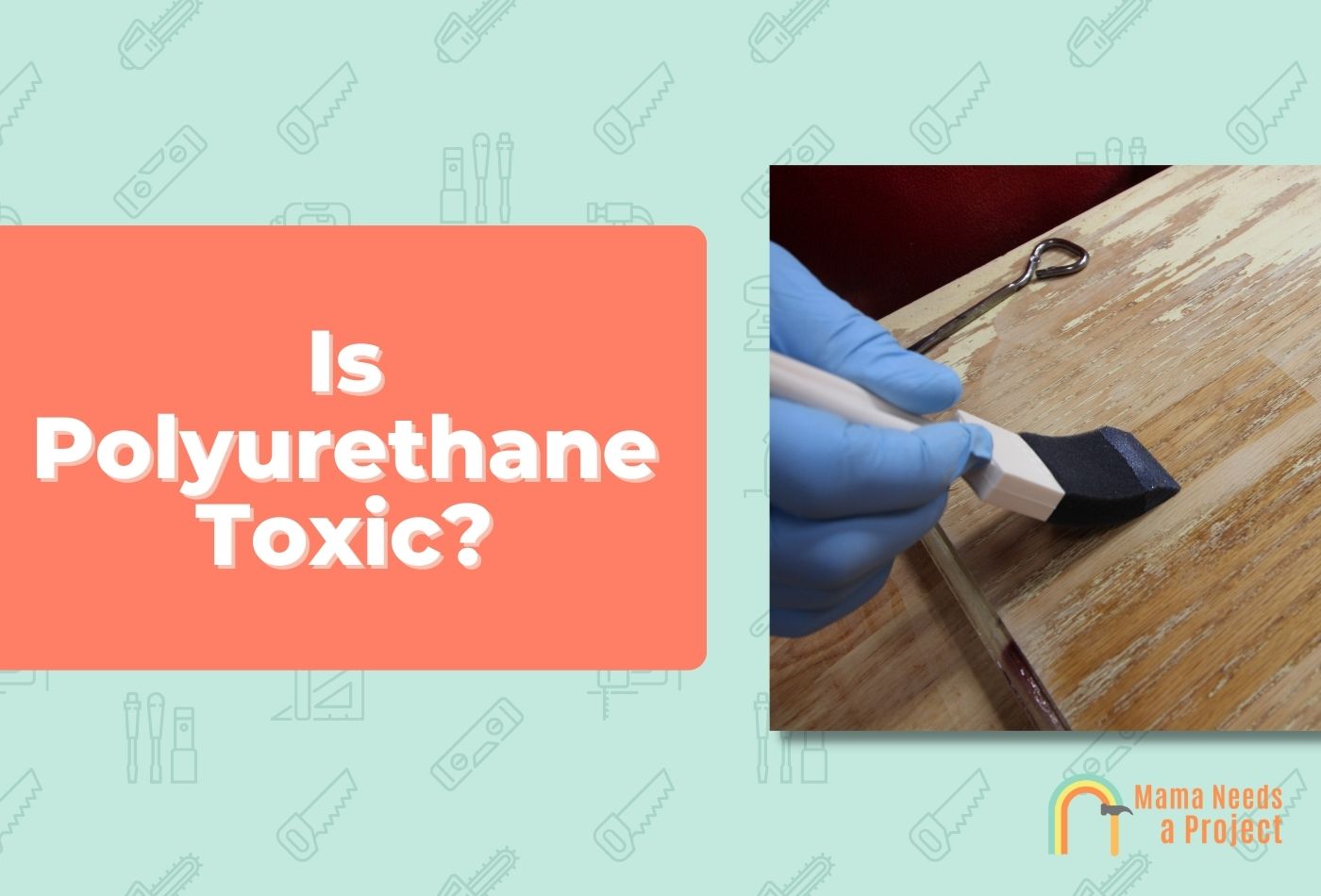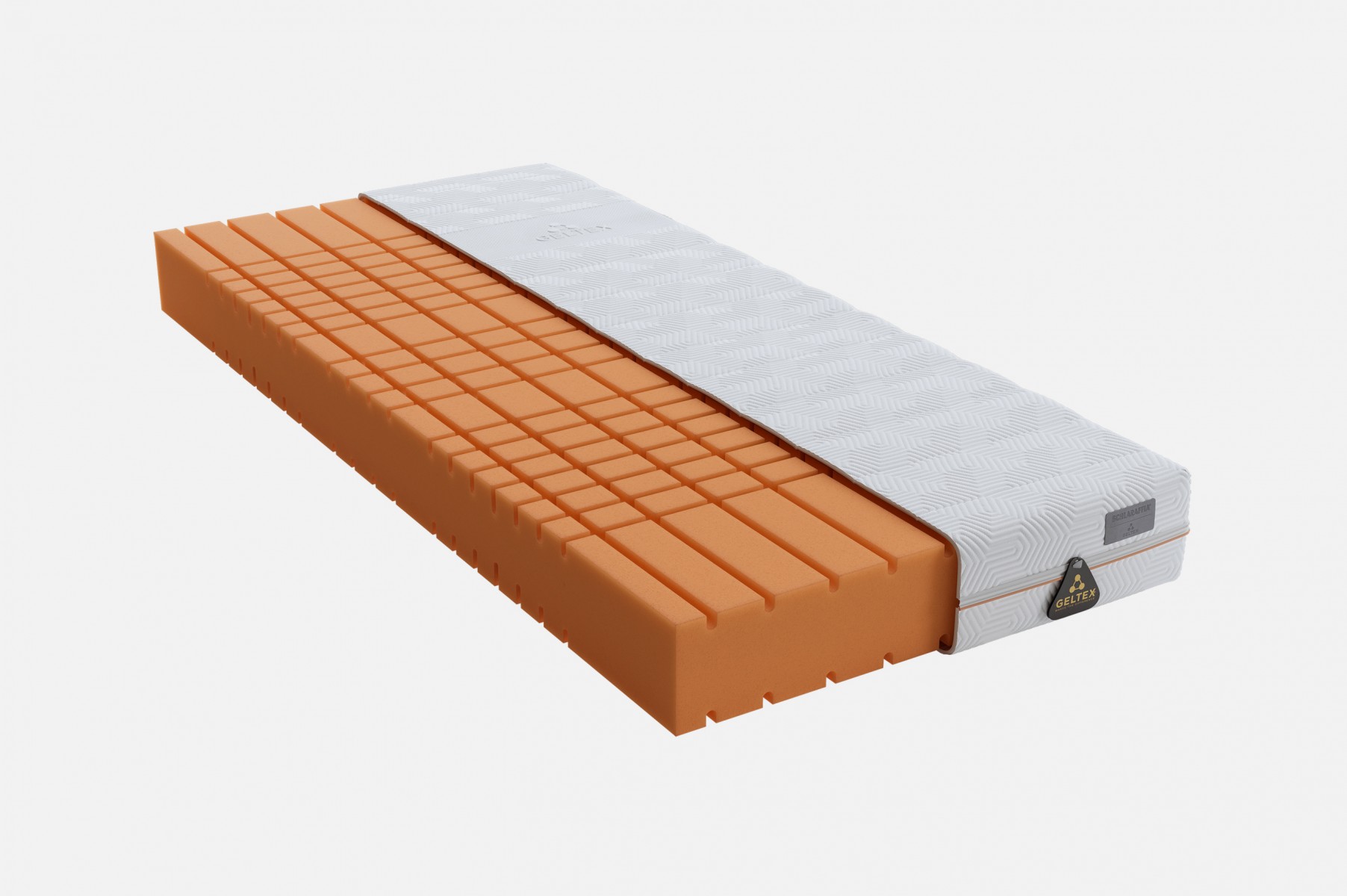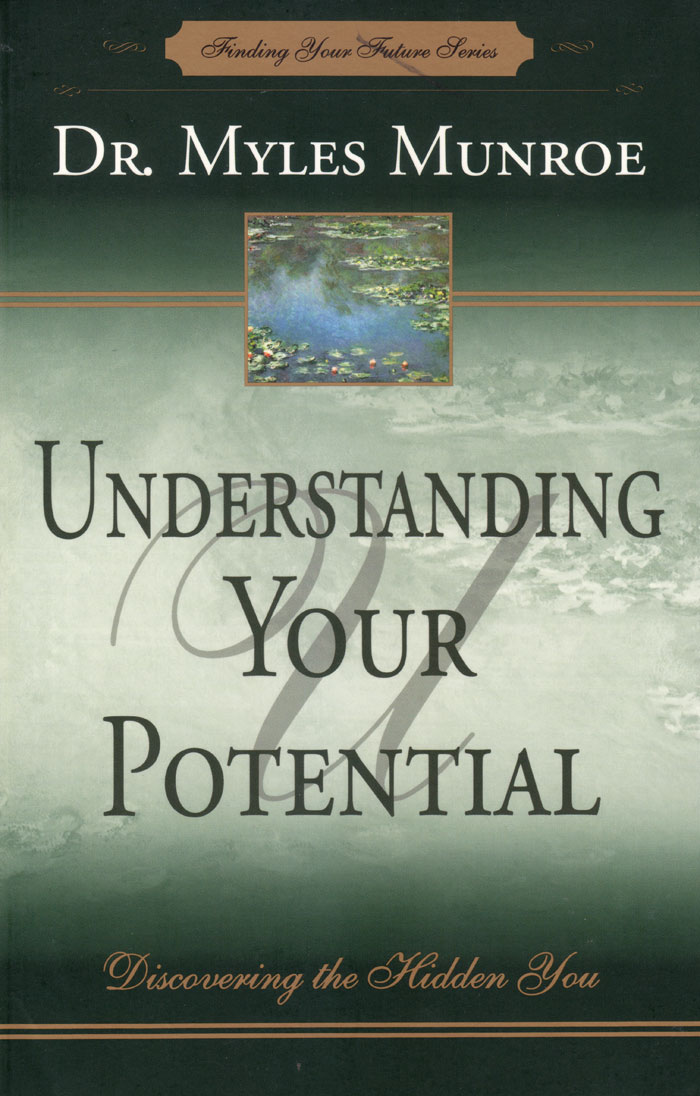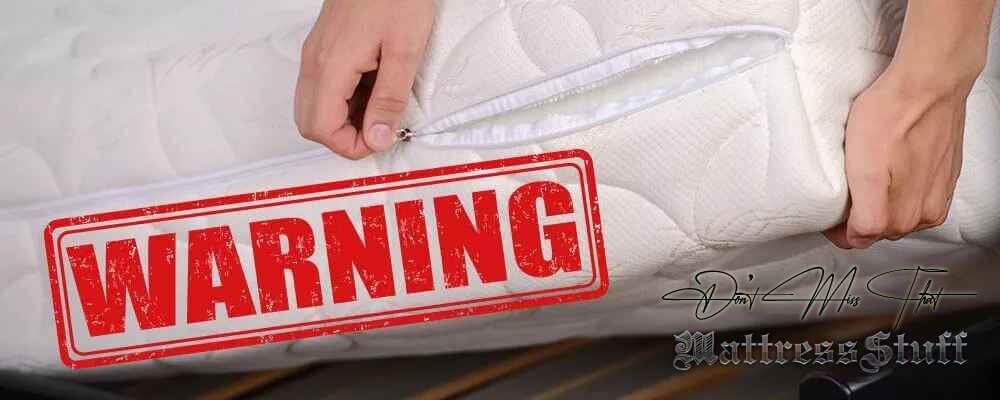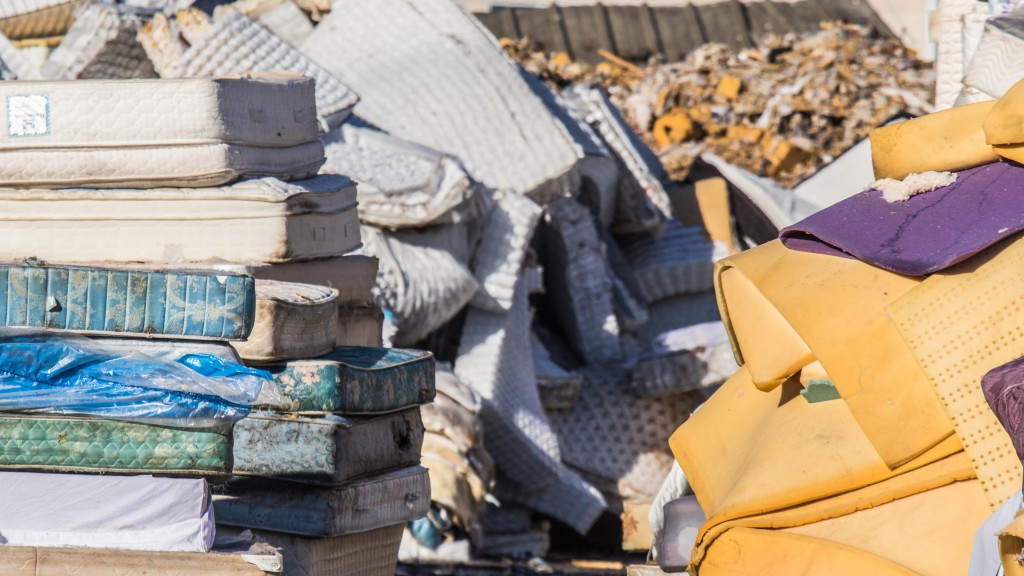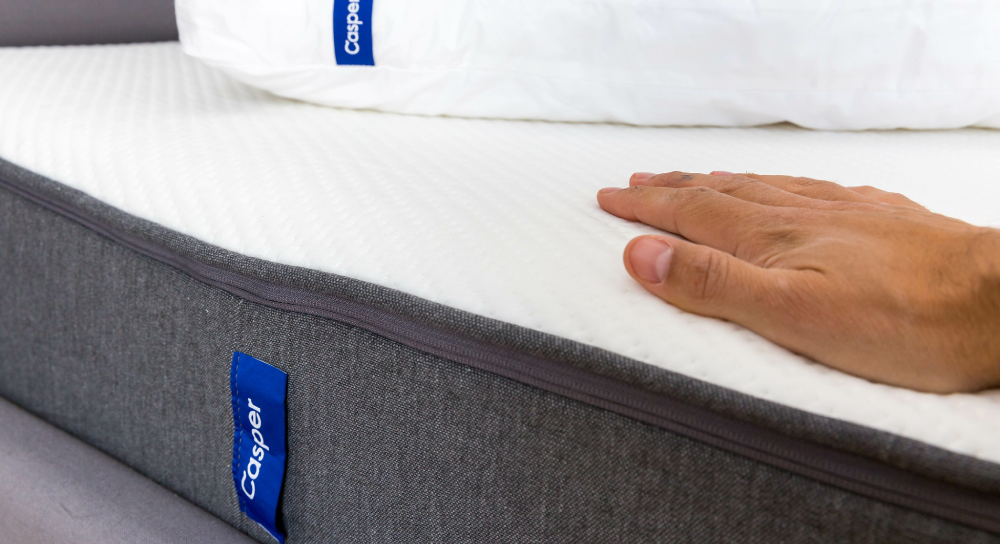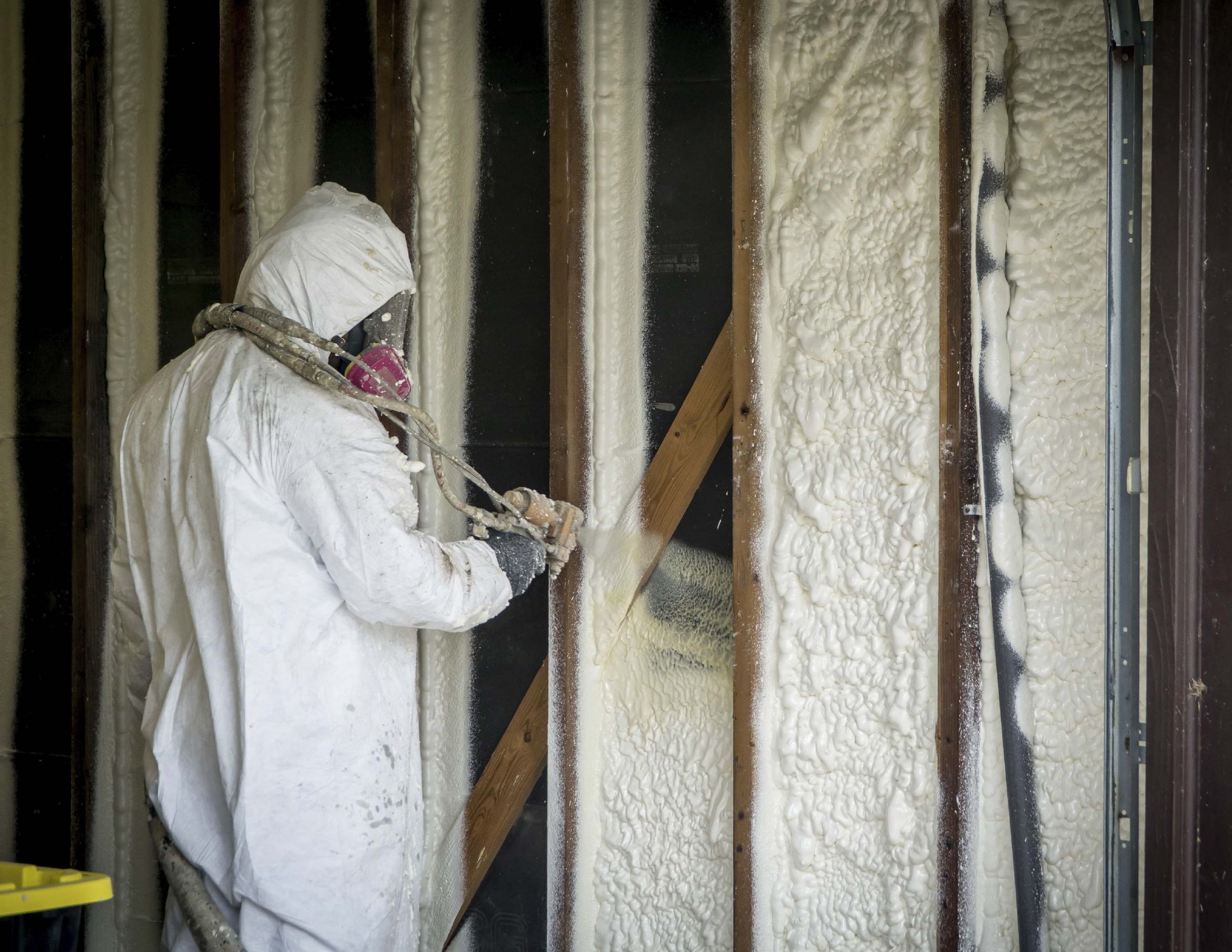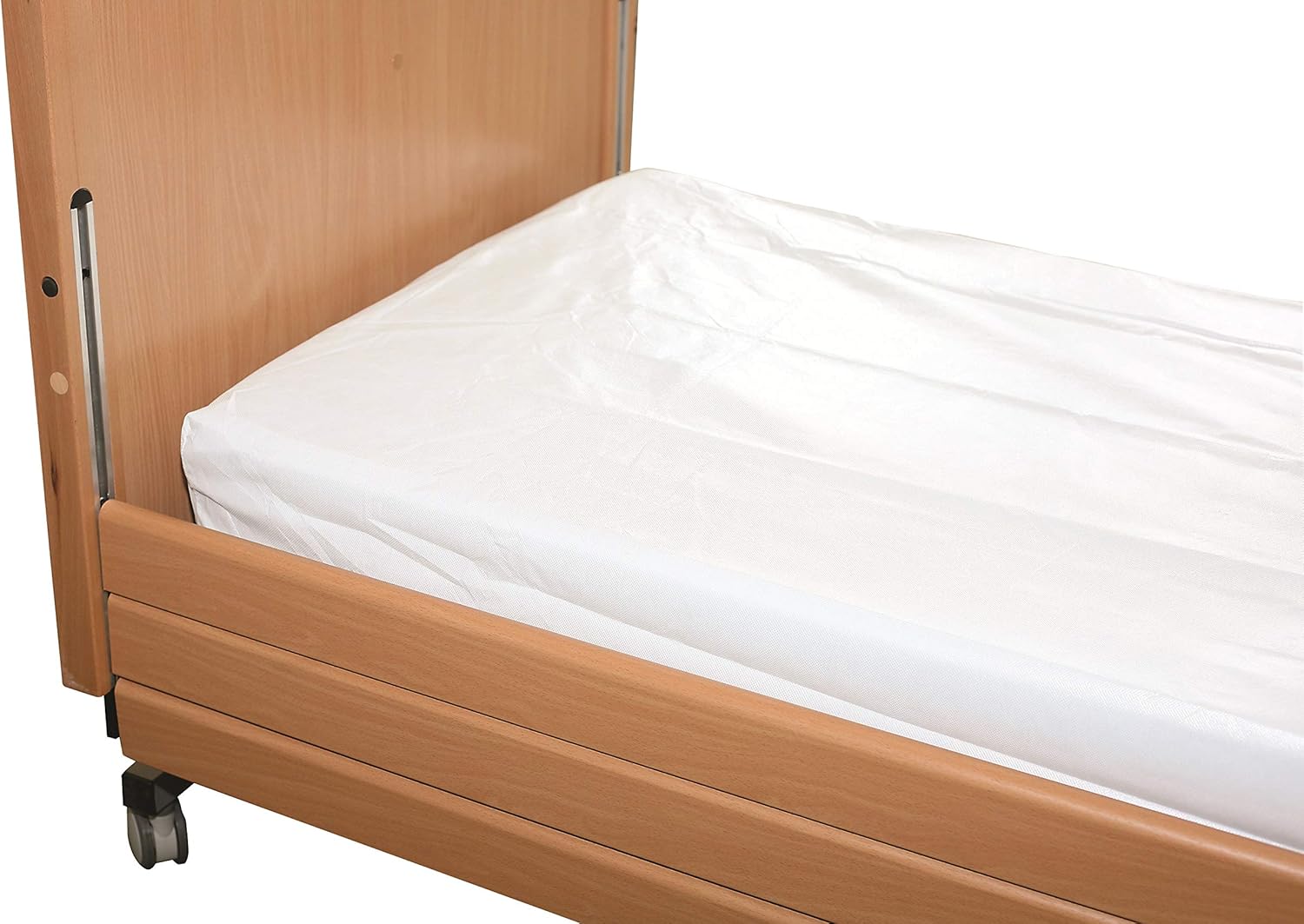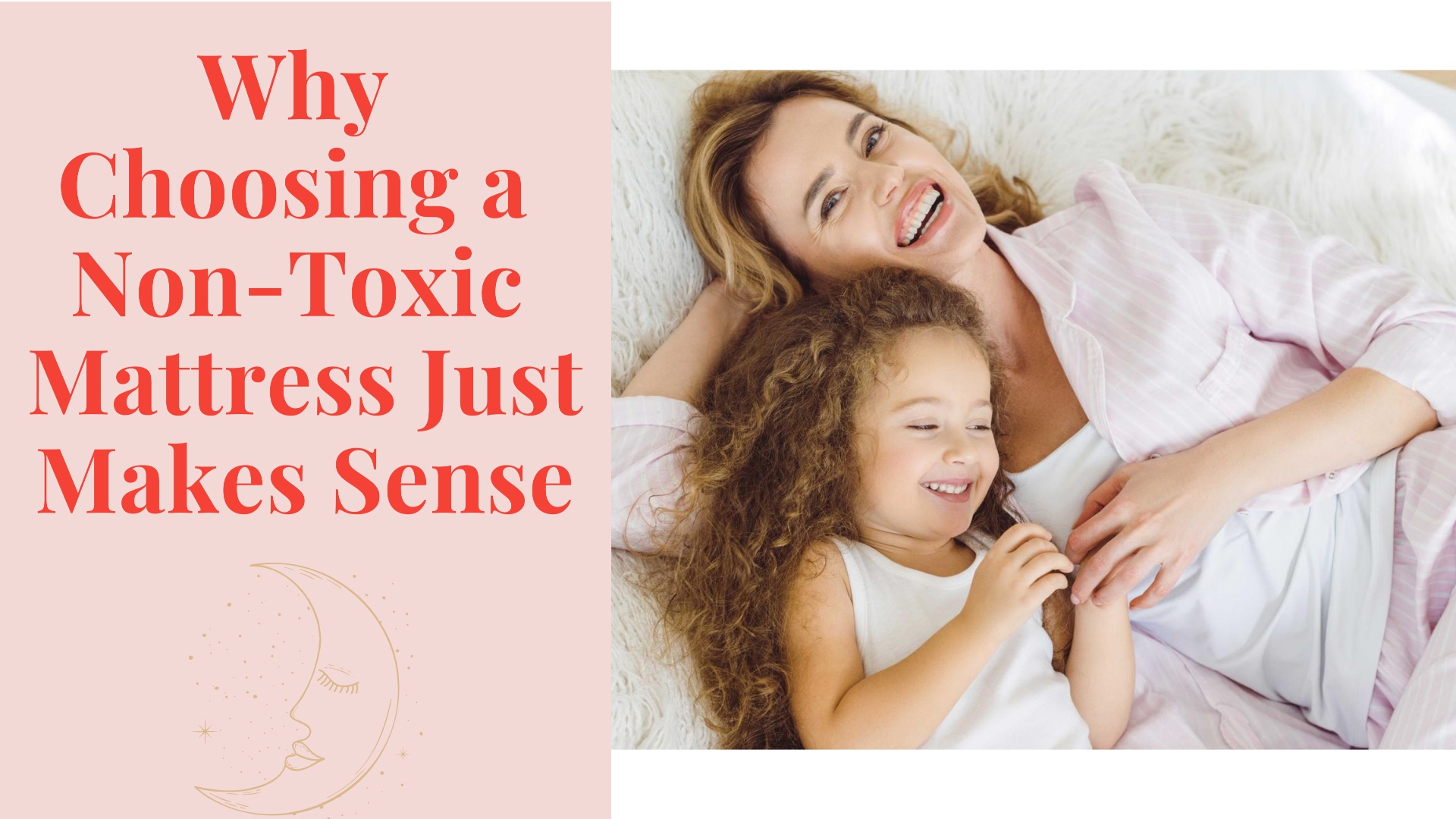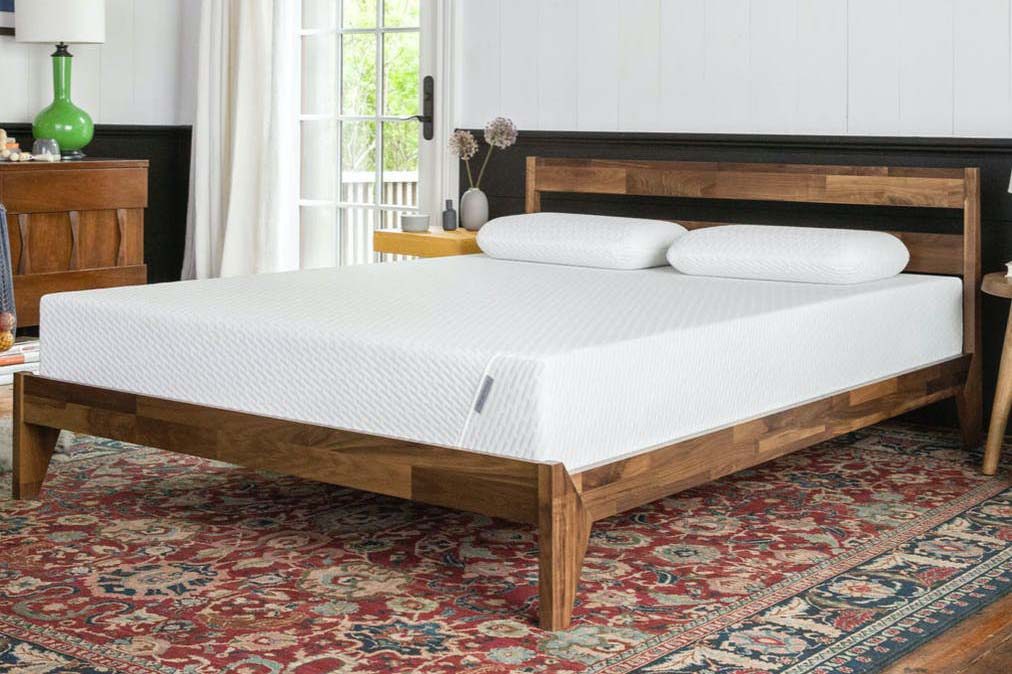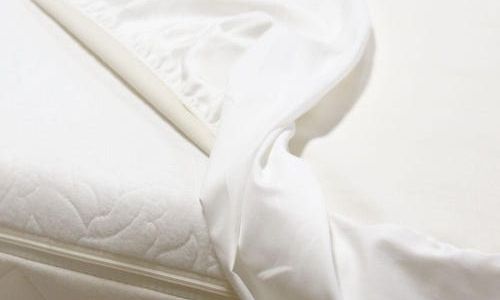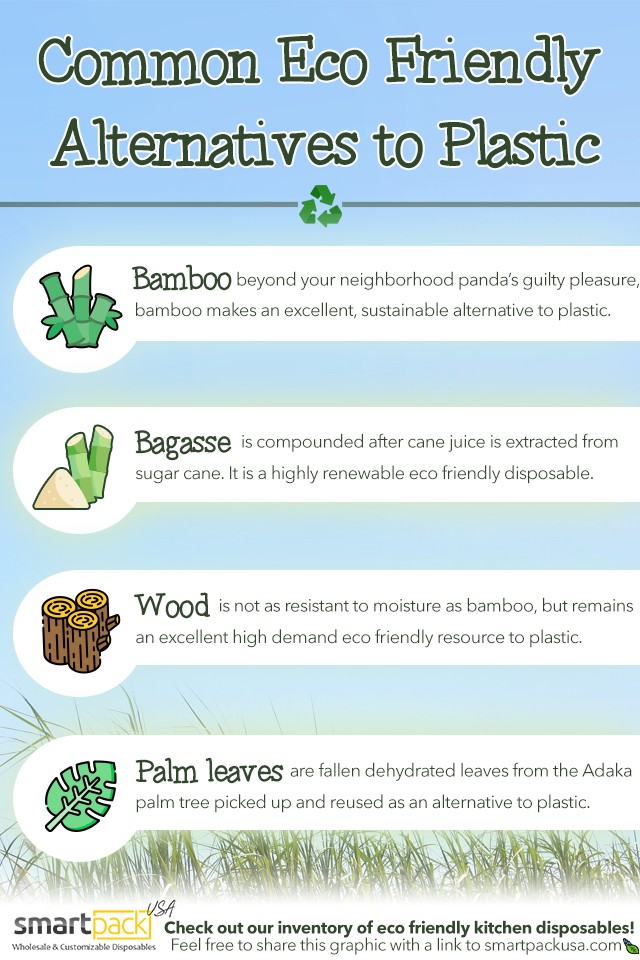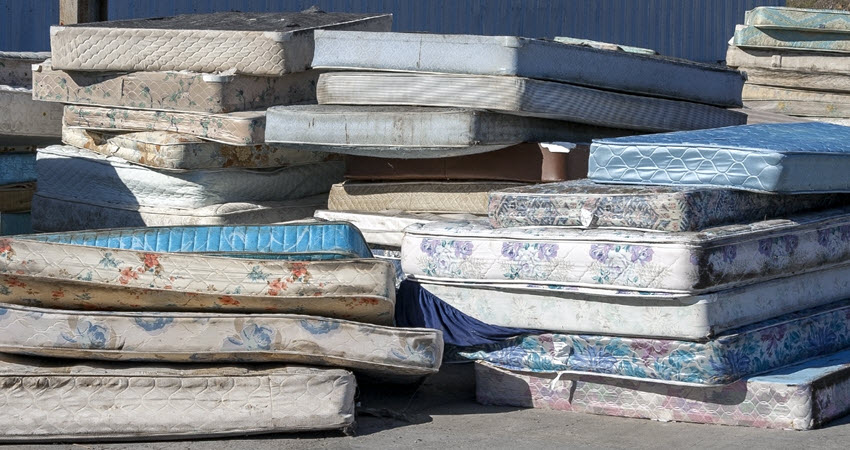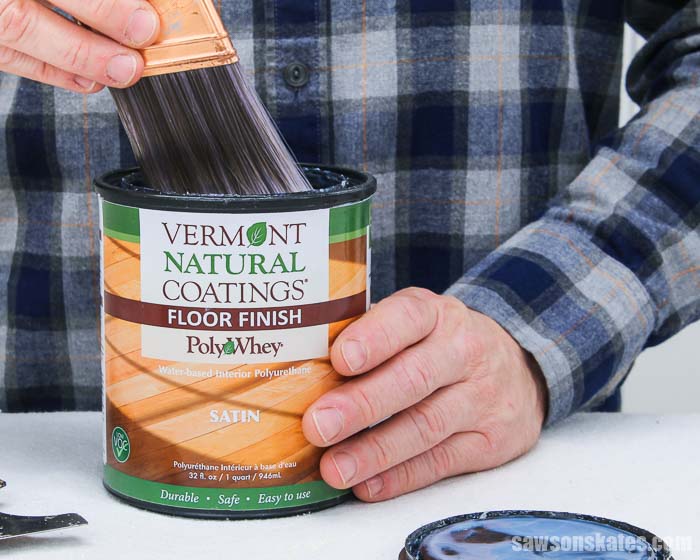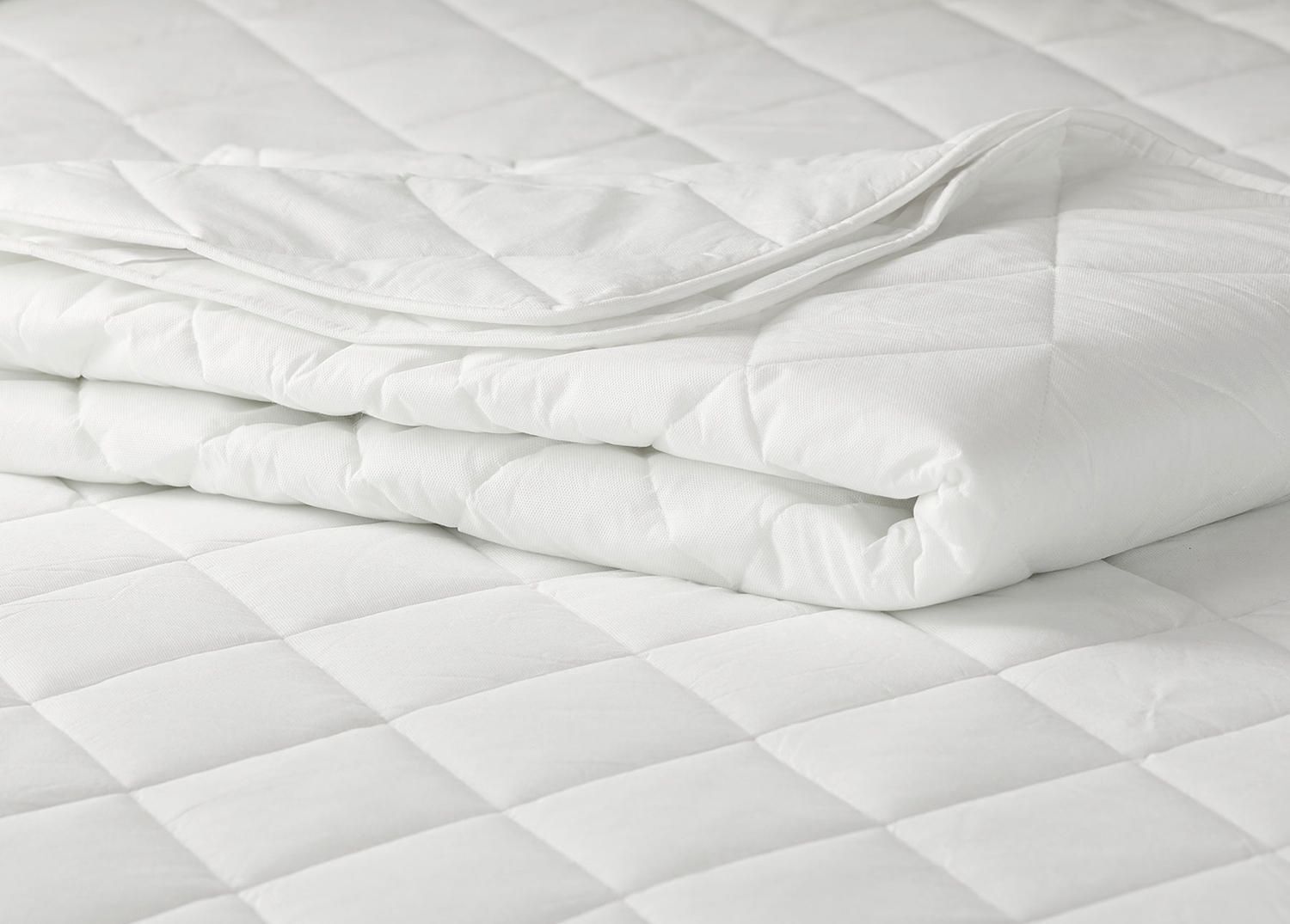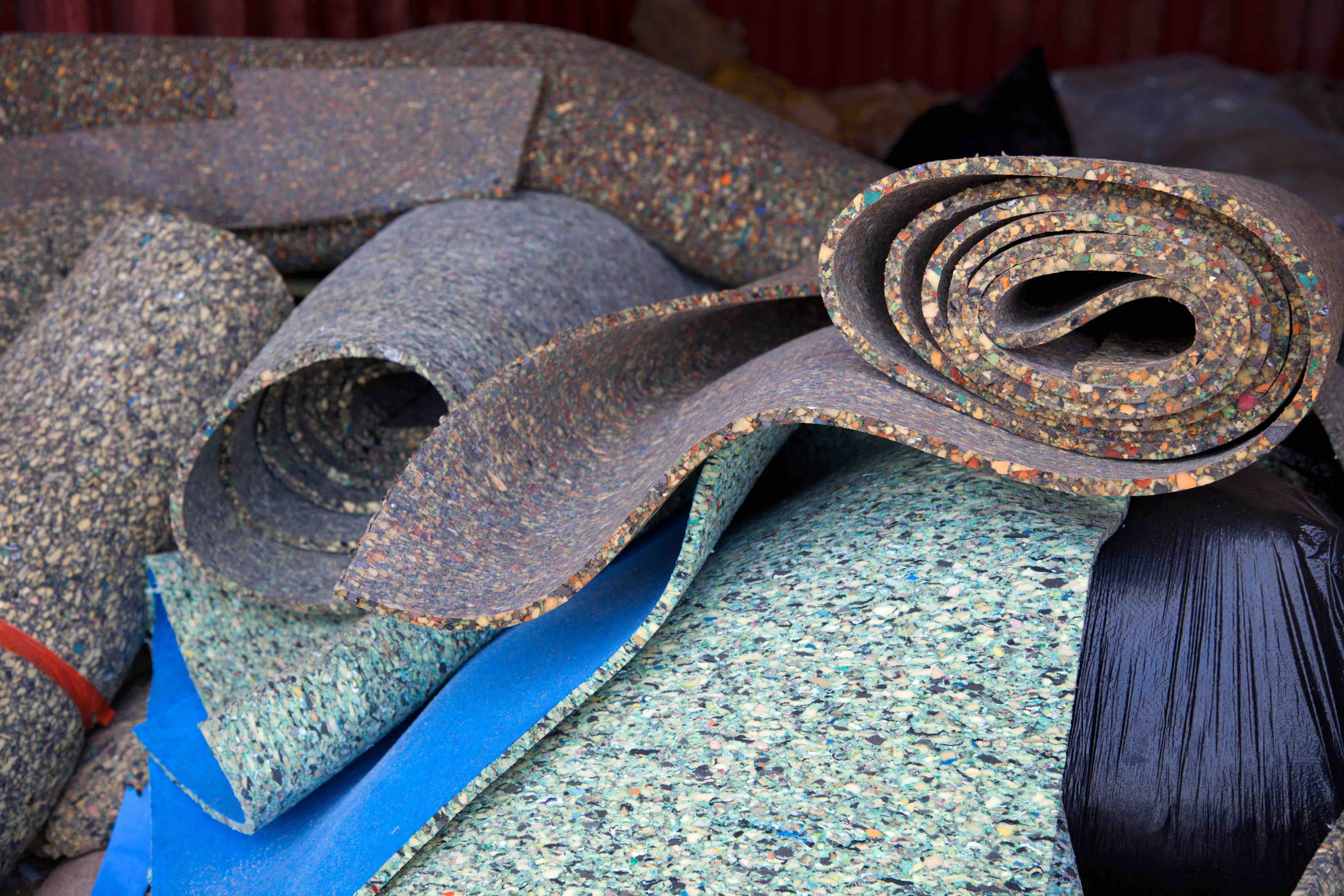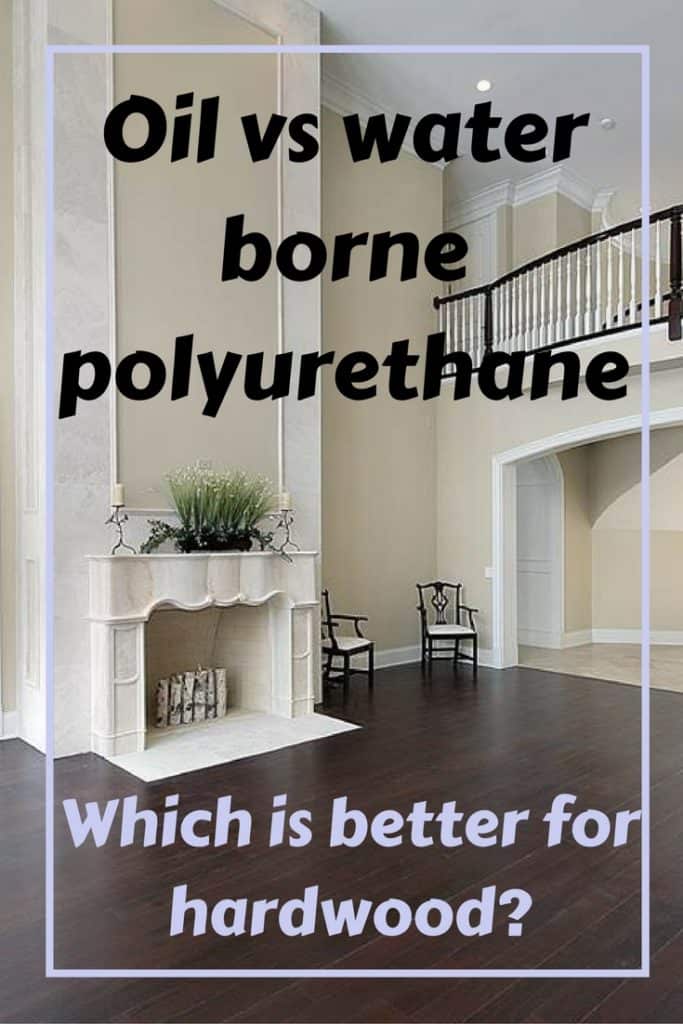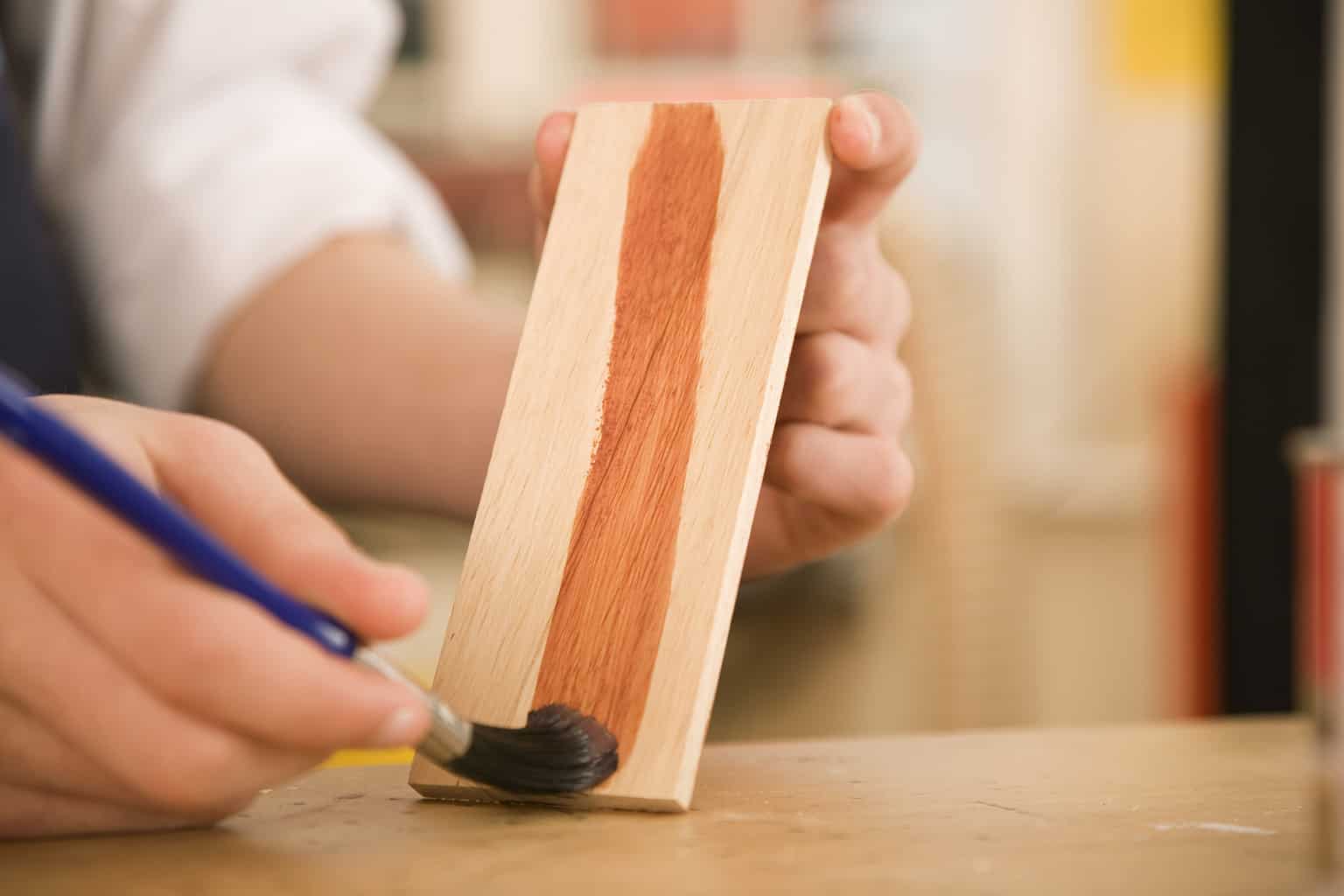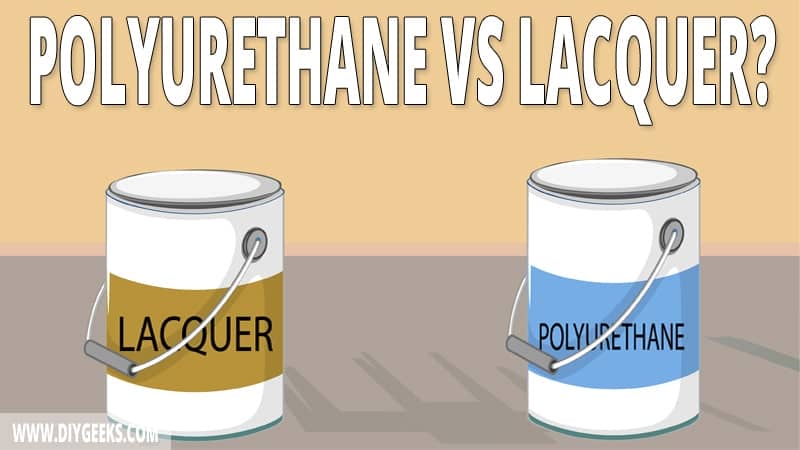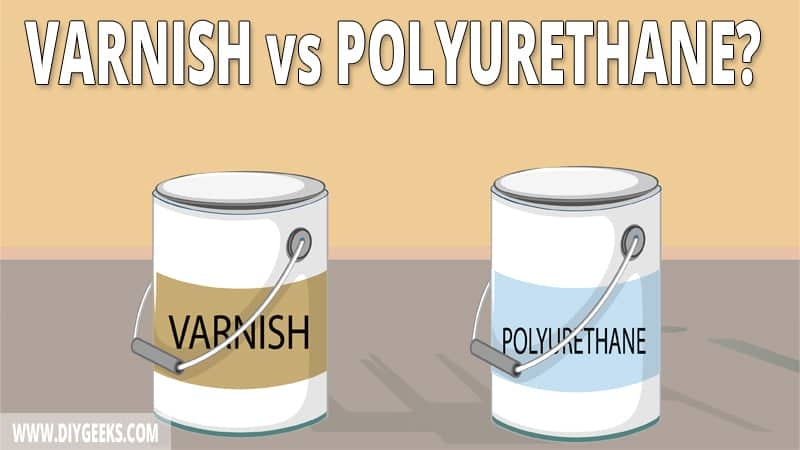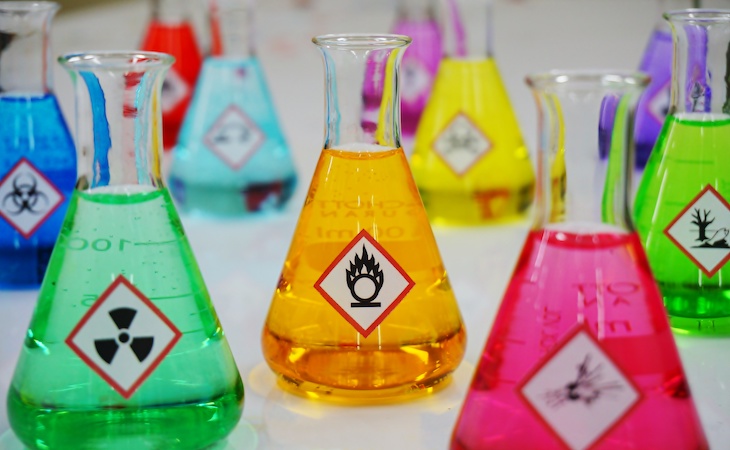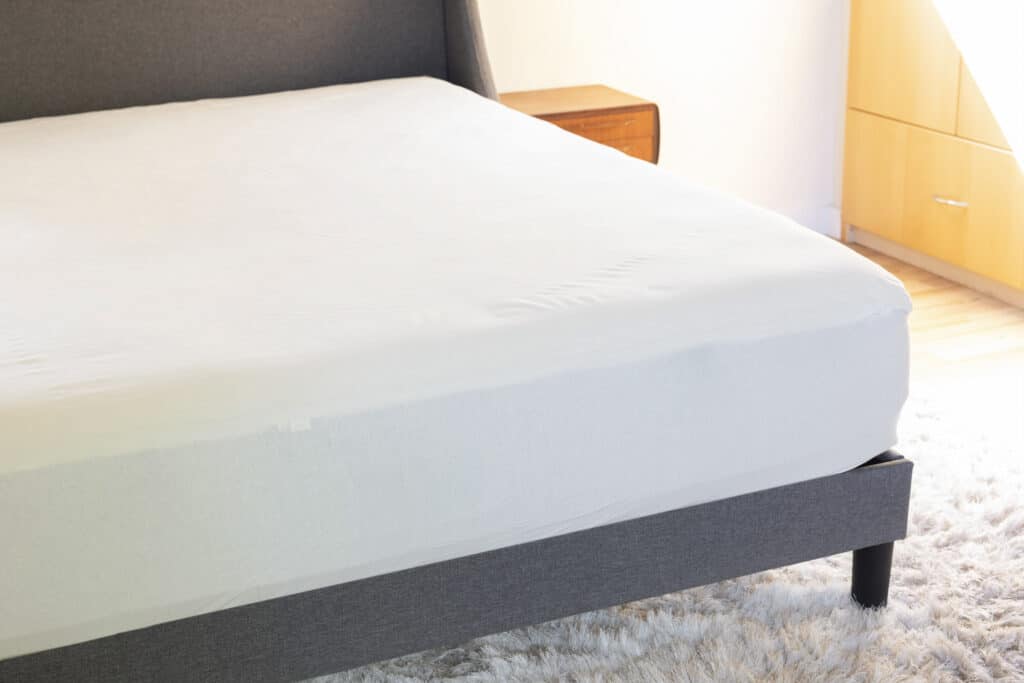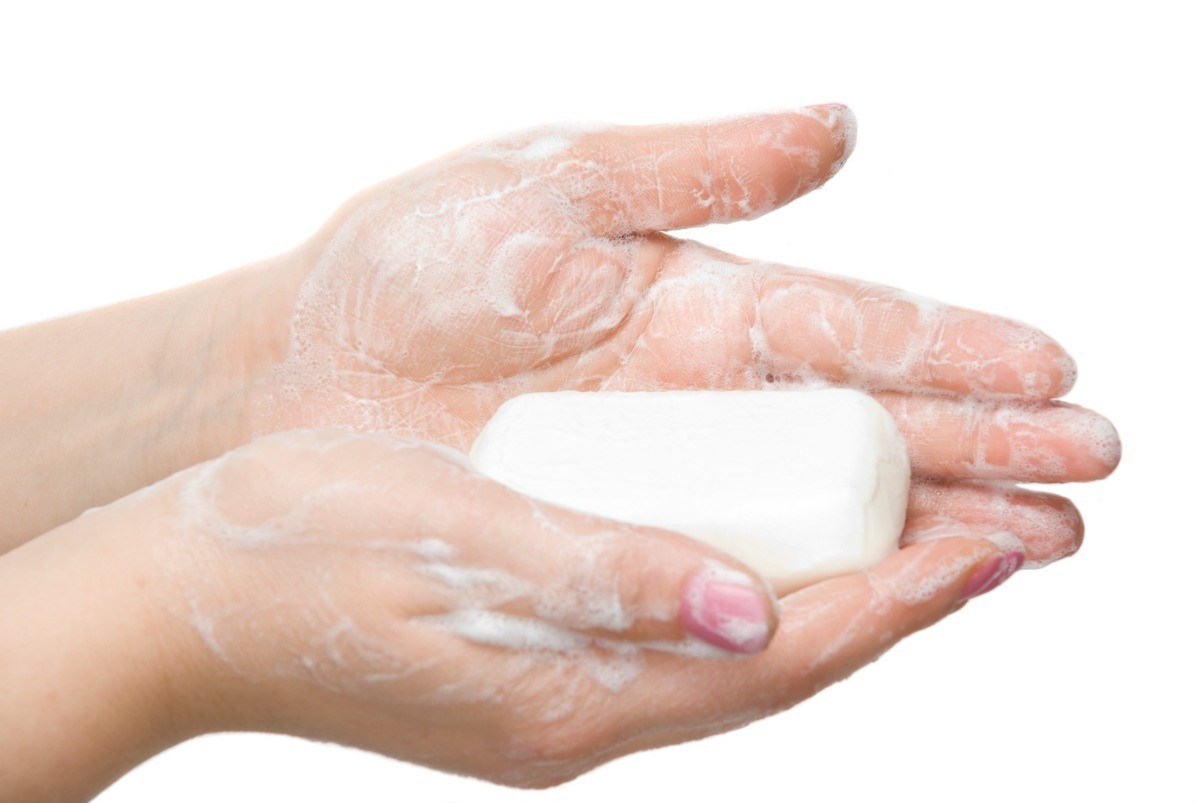Polyurethane is a type of plastic that is often used in the manufacturing of various products, including furniture, toys, and household items. It is created by reacting two main ingredients – polyols and diisocyanates – together, resulting in a flexible and durable material. However, the production process of polyurethane involves the use of toxic chemicals, such as methylene diphenyl diisocyanate (MDI) and toluene diisocyanate (TDI). These chemicals are known to cause respiratory issues, skin irritation, and in some cases, even cancer. Additionally, polyurethane can release harmful volatile organic compounds (VOCs) into the air, which can negatively affect indoor air quality and potentially cause health problems.What is Polyurethane and is it Toxic?
Mattress protectors are designed to keep your mattress clean and protect it from spills, stains, and bacteria. However, if the protector itself contains toxic materials like polyurethane, it defeats the purpose of using it to protect your health. In some cases, the polyurethane used in mattress protectors can break down over time and release harmful chemicals into the air. This is especially concerning for those who suffer from respiratory issues or have allergies, as they may experience worsened symptoms when exposed to these chemicals.Is Polyurethane Safe for Mattress Protectors?
The potential toxicity of polyurethane in mattress protectors can vary depending on the type of polyurethane used and the level of exposure. For example, memory foam mattress protectors are made with polyurethane foam, which can release VOCs and cause respiratory irritation. On the other hand, waterproof mattress protectors may contain a layer of polyurethane coating to make them impermeable to liquids, which can also release chemicals into the air. Furthermore, the toxicity of polyurethane can also be affected by other factors such as temperature and humidity. Higher temperatures can increase the release of VOCs, and moisture can cause the breakdown of polyurethane, leading to the release of toxic chemicals.Understanding the Potential Toxicity of Polyurethane in Mattress Protectors
Aside from the potential health risks, polyurethane in mattress protectors can also have negative impacts on the environment. The production process of polyurethane involves the use of fossil fuels, which contributes to air pollution and greenhouse gas emissions. Additionally, the disposal of polyurethane products can also be harmful to the environment, as they do not biodegrade easily and can release toxic chemicals into the soil and water.The Dangers of Polyurethane in Mattress Protectors
Thankfully, there are alternative options to polyurethane mattress protectors that are safer for your health and the environment. When shopping for a non-toxic mattress protector, look for products that are made with natural materials such as organic cotton, bamboo, or wool. These materials are not only free from harmful chemicals, but they also have natural properties that make them resistant to bacteria and dust mites. You can also opt for mattress protectors that are certified as non-toxic, such as the Global Organic Textile Standard (GOTS) or the Global Organic Latex Standard (GOLS). These certifications ensure that the product is made with organic and chemical-free materials, and the production process meets strict environmental and social standards.How to Choose a Non-Toxic Mattress Protector
In addition to natural materials, there are also eco-friendly alternatives to polyurethane mattress protectors. These include protectors made with plant-based materials such as natural latex, which is derived from the sap of rubber trees. Natural latex is known for its durability and breathability, making it a great option for mattress protectors. You can also find mattress protectors made with TPU (thermoplastic polyurethane) coating, which is a non-toxic and biodegradable alternative to traditional polyurethane. TPU is free from harmful chemicals and does not release VOCs, making it a safer option for your health and the environment.Eco-Friendly Alternatives to Polyurethane Mattress Protectors
If you want to ensure that your mattress protector is free from polyurethane and other harmful materials, look for products that are specifically labeled as “polyurethane-free.” These protectors are made with alternative materials that provide the same level of protection without the potential risks. Additionally, you can also choose to go with a mattress encasement, which covers the entire mattress and provides a barrier against dust mites, bacteria, and liquids. Encasements are often made with polyurethane-free materials and are a great option for those with allergies or sensitivities.Polyurethane-Free Mattress Protectors: A Safer Option for Your Health
As mentioned earlier, the production and disposal of polyurethane products can have a negative impact on the environment. In addition to choosing non-toxic and eco-friendly materials for your mattress protector, you can also opt for products that are sustainably made and ethically sourced. This helps to reduce your carbon footprint and support companies that prioritize the health of both people and the planet.The Environmental Impact of Polyurethane in Mattress Protectors
When it comes to choosing between polyurethane and natural materials for mattress protectors, the answer is clear – natural materials are the better option. Not only are they safer for your health and the environment, but they also provide additional benefits such as breathability, moisture-wicking, and hypoallergenic properties. While polyurethane may be cheaper and more readily available, the potential risks and negative impacts on the environment make it a less desirable choice in the long run.Polyurethane vs. Natural Materials in Mattress Protectors: Which is Better?
In conclusion, it is important to do your research and carefully choose a mattress protector that is free from toxic chemicals such as polyurethane. Look for products that are made with natural and non-toxic materials, and avoid those that contain polyurethane or other potentially harmful substances. Remember, your health and the environment are worth investing in, so don’t compromise on the safety and quality of your mattress protector. With the growing availability of non-toxic and eco-friendly options, there is no need to settle for anything less.How to Avoid Toxic Chemicals in Mattress Protectors
The Potential Dangers of Polyurethane in Mattress Protectors

Understanding the Composition of Mattress Protectors
 When it comes to protecting our mattresses, we often turn to mattress protectors. These products are designed to safeguard our mattresses from spills, stains, allergens, and other forms of wear and tear. However, not all mattress protectors are created equal. Many are made with a material called polyurethane, which has raised concerns about its potential toxicity.
Polyurethane is a type of plastic commonly used in the production of various household items, including mattresses, furniture, and even clothing. It is known for its ability to provide a waterproof barrier, making it an ideal material for mattress protectors. However, polyurethane is also made up of several chemicals that can have harmful effects on our health.
Formaldehyde and Isocyanates
are two chemicals commonly found in polyurethane. Formaldehyde is a known carcinogen, and exposure to this chemical has been linked to various health issues, including respiratory problems and cancer. Isocyanates, on the other hand, are known to cause skin and respiratory irritation, as well as asthma and other breathing difficulties.
When it comes to protecting our mattresses, we often turn to mattress protectors. These products are designed to safeguard our mattresses from spills, stains, allergens, and other forms of wear and tear. However, not all mattress protectors are created equal. Many are made with a material called polyurethane, which has raised concerns about its potential toxicity.
Polyurethane is a type of plastic commonly used in the production of various household items, including mattresses, furniture, and even clothing. It is known for its ability to provide a waterproof barrier, making it an ideal material for mattress protectors. However, polyurethane is also made up of several chemicals that can have harmful effects on our health.
Formaldehyde and Isocyanates
are two chemicals commonly found in polyurethane. Formaldehyde is a known carcinogen, and exposure to this chemical has been linked to various health issues, including respiratory problems and cancer. Isocyanates, on the other hand, are known to cause skin and respiratory irritation, as well as asthma and other breathing difficulties.
The Dangers of Off-Gassing
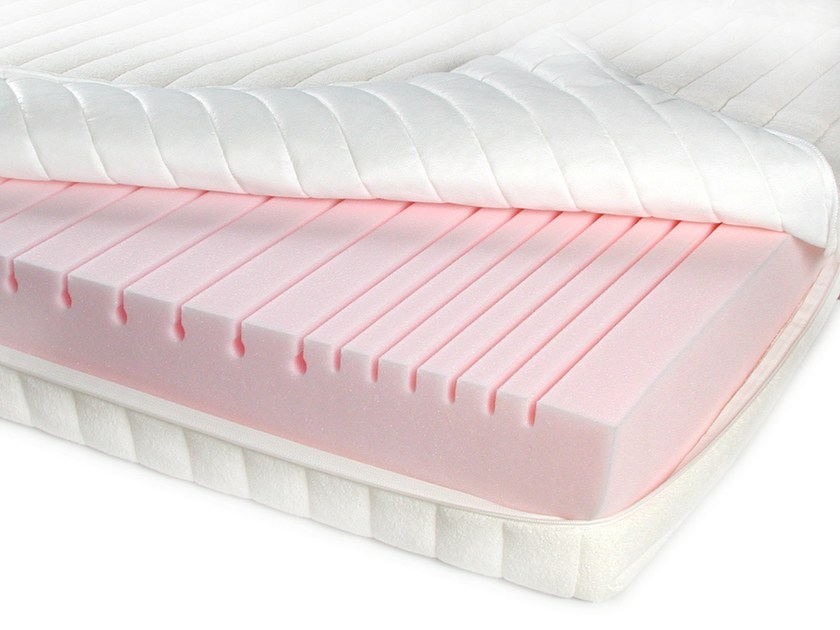 One of the main concerns surrounding polyurethane in mattress protectors is off-gassing. Off-gassing refers to the release of potentially toxic chemicals from a product into the air. When a mattress protector is made with polyurethane, it can emit volatile organic compounds (VOCs) into the air, which can be inhaled and absorbed by our bodies.
These VOCs can have adverse effects on our health, including headaches, dizziness, and nausea. Long-term exposure to these chemicals may also lead to more serious health issues, such as respiratory problems and organ damage.
One of the main concerns surrounding polyurethane in mattress protectors is off-gassing. Off-gassing refers to the release of potentially toxic chemicals from a product into the air. When a mattress protector is made with polyurethane, it can emit volatile organic compounds (VOCs) into the air, which can be inhaled and absorbed by our bodies.
These VOCs can have adverse effects on our health, including headaches, dizziness, and nausea. Long-term exposure to these chemicals may also lead to more serious health issues, such as respiratory problems and organ damage.
Choosing a Safer Alternative
 While polyurethane can provide a waterproof barrier for mattress protectors, there are safer alternatives available. Look for protectors made with natural materials such as organic cotton or bamboo, which are free from harmful chemicals and still provide protection against spills and stains.
Another option is to choose mattress protectors that are certified by third-party organizations, such as Oeko-Tex Standard 100 or Global Organic Textile Standard (GOTS). These certifications ensure that the product has been tested and verified to be free from harmful substances.
In conclusion, while polyurethane may be a popular choice for mattress protectors, it is important to understand the potential dangers of this material. By choosing safer alternatives, we can protect our mattresses and our health at the same time. So before purchasing a mattress protector, be sure to do your research and opt for a safer and healthier option.
While polyurethane can provide a waterproof barrier for mattress protectors, there are safer alternatives available. Look for protectors made with natural materials such as organic cotton or bamboo, which are free from harmful chemicals and still provide protection against spills and stains.
Another option is to choose mattress protectors that are certified by third-party organizations, such as Oeko-Tex Standard 100 or Global Organic Textile Standard (GOTS). These certifications ensure that the product has been tested and verified to be free from harmful substances.
In conclusion, while polyurethane may be a popular choice for mattress protectors, it is important to understand the potential dangers of this material. By choosing safer alternatives, we can protect our mattresses and our health at the same time. So before purchasing a mattress protector, be sure to do your research and opt for a safer and healthier option.








